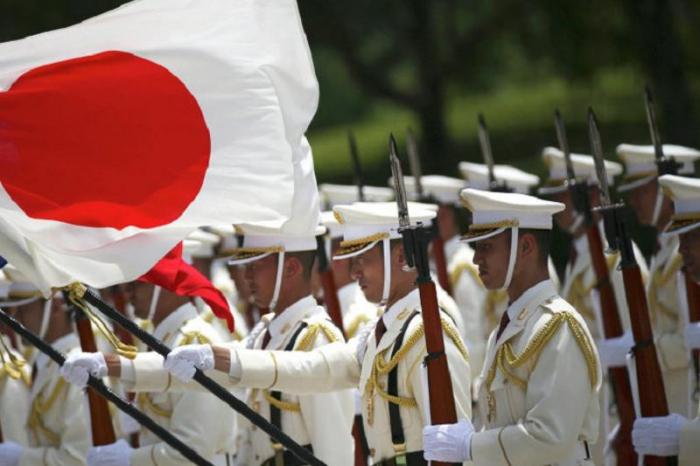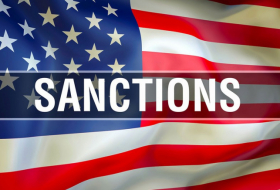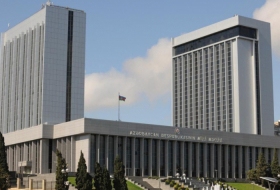The Cabinet approved Friday a record ¥102.66 trillion ($938 billion) draft budget for fiscal 2020 amid growing social security spending to support Japan’s aging population, fueling concerns that the country will continue to face difficulty achieving fiscal consolidation.
It is the eighth straight year that the world’s third-largest economy has compiled a record initial general account budget, also reflecting a rise in defense outlays as Tokyo aims to enhance capabilities in new areas such as space and cyberspace.
The spending plan for the year starting next April topped ¥100 trillion for the second consecutive year on ballooning medical, public pension and other social security costs. The government will widen the scope of free education.
At a news conference after the Cabinet approved the budget, Chief Cabinet Secretary Yoshihide Suga sought public understanding of the budget size, saying it is a result of more government spending on steps to deal with a graying Japan.
“Additional revenue from the consumption tax increase will be utilized for social security measures, while the aging society has necessitated related expenditures,” Suga explained.
“The budget is aimed at achieving both economic recovery and fiscal consolidation, by improving social security through the use of increased revenue from the consumption tax hike” from 8 percent to 10 percent implemented in October, Finance Minister Taro Aso told a separate news conference.
To mitigate the negative impact of the consumption tax hike in October, the first in five years, and to safeguard growth, the government will set aside ¥1.78 trillion for stimulus steps such as shopping reward point programs and infrastructure building.
The draft budget, which will be submitted to the Diet in January, consists of ¥79.31 trillion for policy spending, including record-high defense expenditures, and ¥23.35 trillion in debt-servicing costs.
Based on the government’s assumption that the nation’s economy will grow a nominal 2.1 percent in fiscal 2020, and other factors, tax revenue is estimated at a record ¥63.51 trillion including proceeds from the higher consumption tax — up ¥1.02 trillion from the initial budget for fiscal 2019.
The consumption tax rate was raised after the measure was delayed twice.
Some private-sector economists interviewed by Kyodo News were quick to point out that the tax revenue estimate is based on an economic growth forecast that was “too optimistic.”
Since Prime Minister Shinzo Abe returned to power in late 2012, the actual pace of growth in the world’s third-largest economy has exceeded his government’s forecast only twice, they said.
To improve its fiscal health — the worst among major developed countries, with public debt more than double the size of gross domestic product — Japan will cut new bond issuance for the 10th straight year. The government plans to issue debts worth ¥32.56 trillion, down ¥104.3 billion from a year earlier.
“We will keep up fiscal reform efforts,” said Aso, who doubles as deputy prime minister, at the news conference, adding that the government will pursue two fronts — revitalizing the economy and regaining the government’s fiscal health — until a sustainable balance is achieved.
Aso was referring to the government’s target of driving the so-called primary balance — tax revenue minus expenses other than debt-servicing costs — into the black by fiscal 2025.
Among the policy spending ¥35.86 trillion will cover social security, accounting for more than a third of the total budget and up ¥1.73 trillion from the previous year.
As part of the government’s efforts to realize a social security system that benefits all generations, ¥488.2 billion will be allocated for free higher education, including grants and scholarships for college and training school students from low-income households.
Defense spending stands at ¥5.31 trillion, including outlays linked to hosting U.S. military bases. It marks a sixth consecutive record high amid threats from North Korea’s missile and nuclear development, and China’s growing maritime assertiveness.
The initial budget also includes ¥247.8 billion to launch a shopping reward point program for purchases made by holders of My Number national identification cards, in an attempt to spur consumer spending after the consumption tax hike.
The stimulus step comes on top of ¥270.3 billion for similar incentive programs already in place for purchases through cashless payments.
Spending on public works projects comes to ¥6.86 trillion, including ones to prevent and mitigate natural disasters, while ¥561.0 billion is earmarked for official development assistance to other countries.
Along with the initial fiscal 2020 budget, the government will also seek Diet approval for a ¥4.47 trillion extra budget for the current fiscal year that focuses on financing reconstruction of areas damaged by a recent series of powerful typhoons and other natural disasters.
Japan Times
More about: Japan
















































